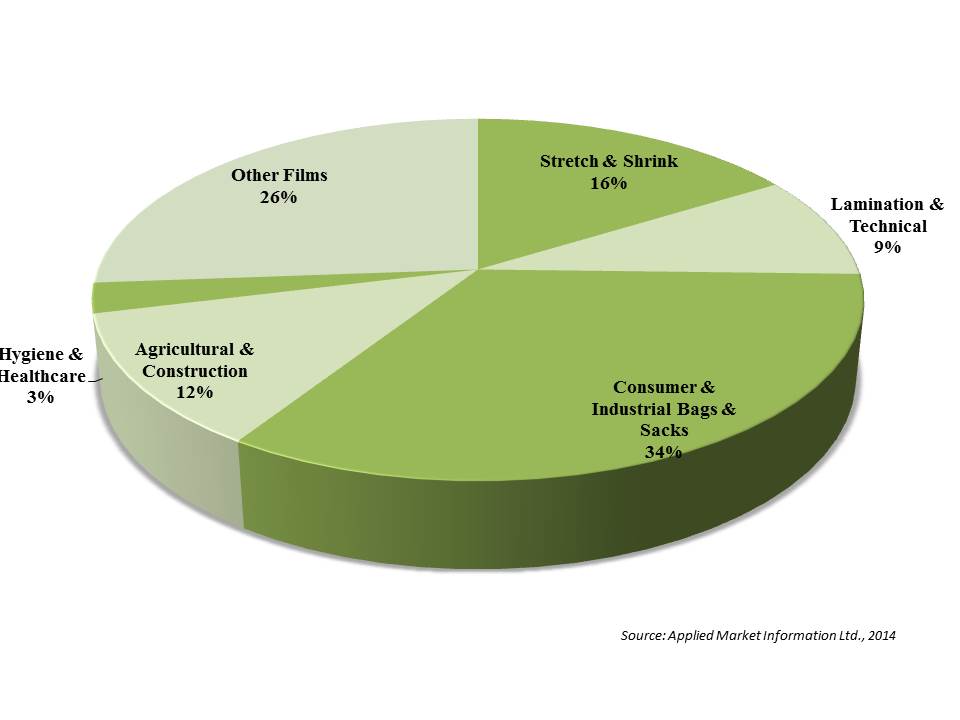Plastics prices continue their plunge this month as producers remain unable to scale back production fast enough to match diving demand.
Of the 22 plastic resins tracked by Purchasingdata.com, only three went up in price in March, while the rest were flat or down and some were at long-term lows. The overall plastics price index from Purchasingdata.com has been on a steep slide since September 2008, when the index was at 226. The March reading was 147.
“We believe the prolonged downturn in the petrochemical cycle benefits the chemical derivatives buyers including DuPont, paint and adhesives companies including Sherwin-Williams, Valspar, H.B. Fuller, and water treatment chemical companies including Nalco,” said JPMorgan analyst Jeffrey Zekauskas in a research note reported by ICIS.com.
The main reason for the price decline is an unprecedented drop in plastics demand in the past six months as new capacity comes online in the Middle East. As demand from automotive and housing sectors dries up, plastics producers struggle to make capacity reductions in the U.S. and Europe that will help bring supply more in step with lower demand.
In a presentation at the CMAI World Petrochemical Conference in Houston recently, Gary Adams, president of Chemical Market Associates Inc. told attendees, “We will bring down more capacity, and this market by 2012, certainly by 2013, will start to recover. Closures will be critical. If we don’t, we are doomed for this oversupply market to continue out to 2015 if not further.”
Plastics buyers should be in close contact with suppliers on their capacity and production plans, as many are reducing and shifting productions. For example, Nova Chemicals, which is being bought by an Abu Dhabi firm, recently announced plans to reduce its expandable polystyrene capacity at a plant in Pennsylvania by more than 100 million lbs/year. As reported earlier this month on Purchasing.com, plastics producers such as BASF and A. Schulman have announced capacity reductions in the past month.
Source: worldscrap.com







